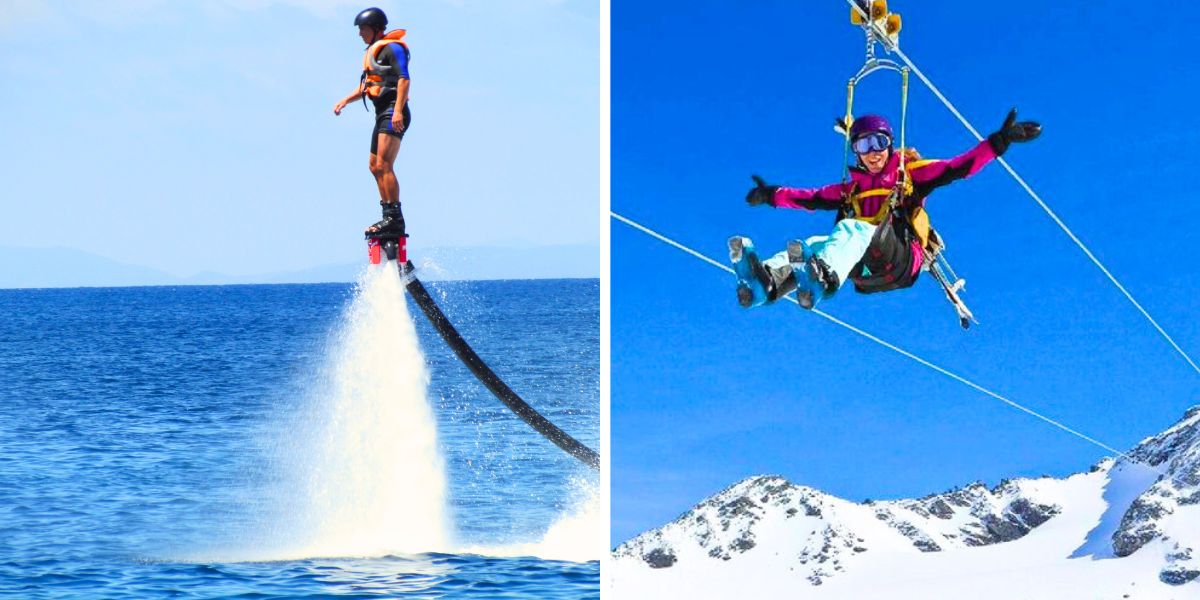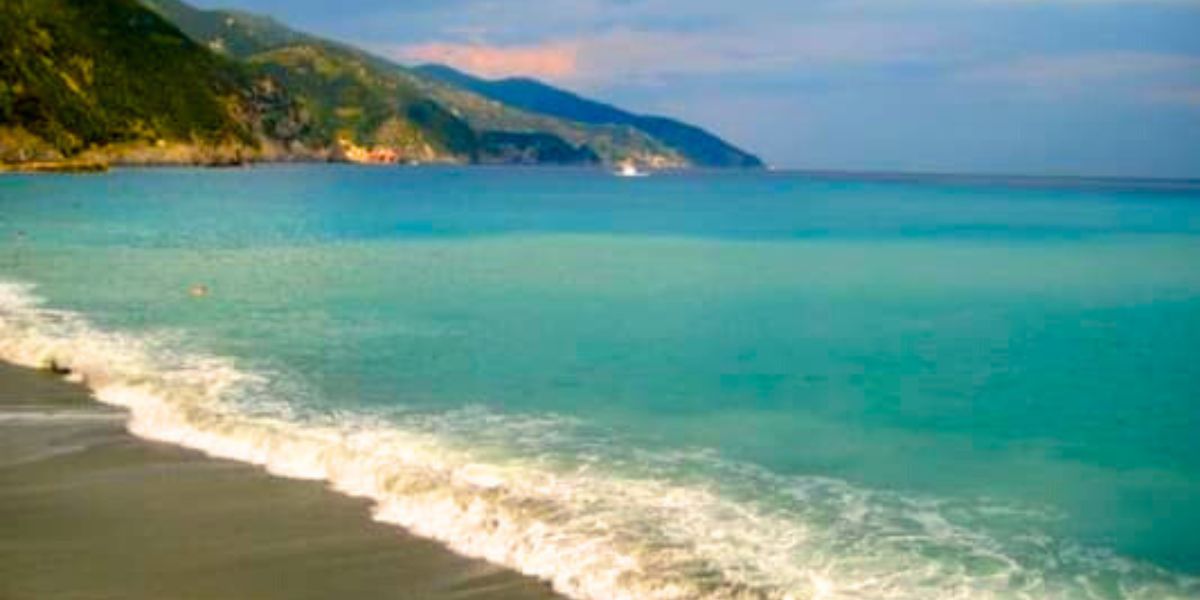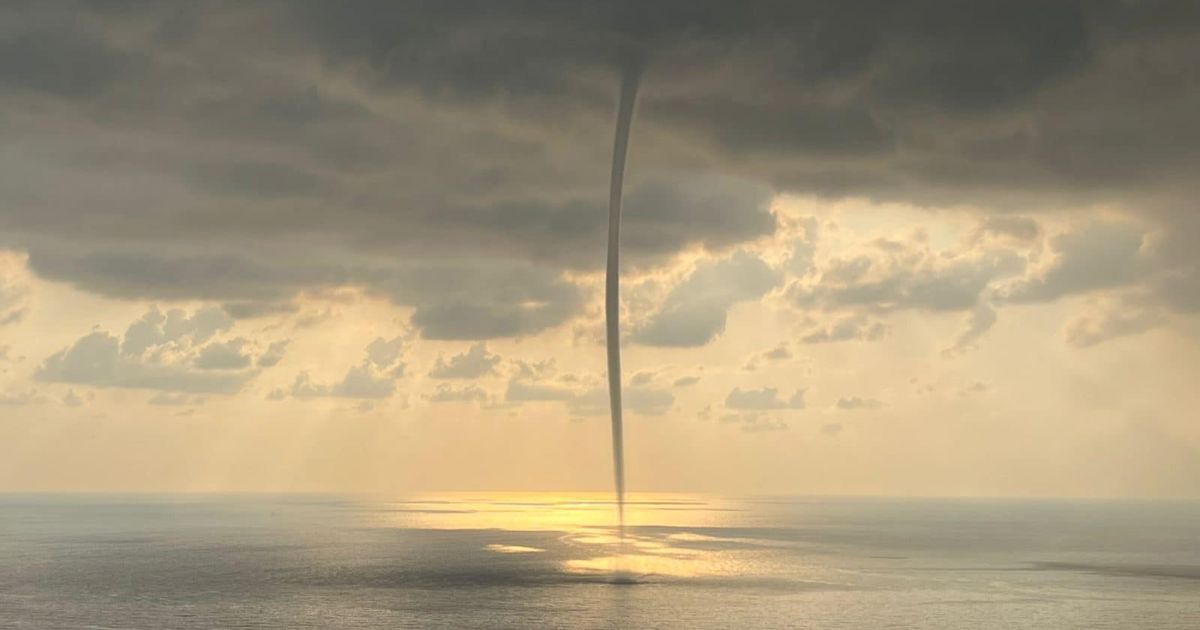Just over a month ago, Host of BBC Pop, Benjamin Zand, tweeted that they will be coming to Beirut and asked for suggestions for stories. Somehow, this led the team to meet Lebanon’s Drug Lord.
.@BBCpopup is heading to Beirut and all the stories will be based on people’s suggestions. @BenjaminZand explains… https://t.co/tJb5xoC8jq
— BBC News Press Team (@BBCNewsPR) January 26, 2017
Apparently, many people suggested he cover the issue of hashish in Lebanon. They spoke with the drug dealer, the head of drug enforcement of the Lebanese police as well as with the “average” consumer.
They spent time with Ali Nasri Shamas, a hashish drug lord, who they try to equate to Pablo Escobar. He claims he’s untouchable and also claims he has 17 children.
He shows off his “toys”, which include pistols, machine guns, and RPGs – which he claims he uses against ISIS. As well as when the “Lebanese government approaches” him.
He often contradicts himself between claiming it’s legal and not illegal, to him. As well as making claims that “90% of the politicians are bought.”
The BBC Pop Up team then meet General Chamseddine in the basement of the police station – showing a room filled with seized drugs.
The general claims that, since the war started in Syria, the government told him not to go after the big drug dealers since “resources are limited.”
The team also spoke to a guy who shared his experience of getting jailed for a year and a bit for smoking hashish.
The video is well-made along the style of Vice. However, there are a few things that make me a little uneasy about it.
Right of the bat, they claim that “Lebanon is known around the world for its hash.” After many people claiming that Lebanon is misrepresented, they then make such claims.
We’ve had 100s of ideas sent in so far, many saying Lebanon is misrepresented. How should it be represented? What’s the real Lebanon to you?
— BBC Pop Up (@BBCpopup) 27 January 2017
Another question I have: Who planned and organized the meet up with Lebanon’s “biggest drug lord” in an area that is often described as a no-go zone?
Besides that, they did a good job covering various sides of the topic.






